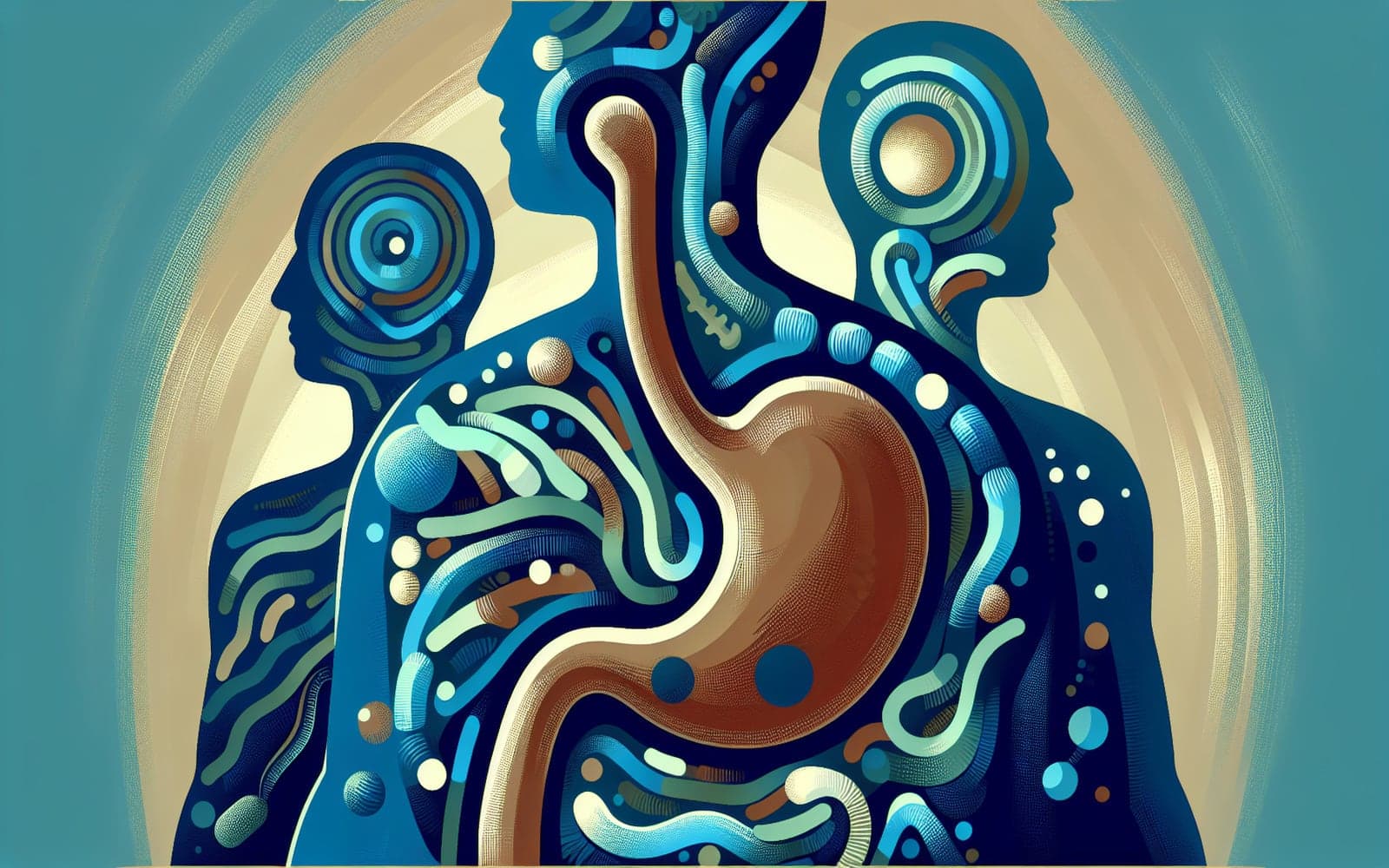H. pylori Infection: What You Need to Know About This Stomach Bug
Published: Feb 28, 2024
Helicobacter pylori, or H. pylori, is a common bacterial infection that affects millions worldwide. This article explores its impacts and why detection matters.
Contents
Understanding H. pylori
H. pylori is a spiral-shaped bacterium that lives in the stomach lining. It's incredibly common, affecting over half the world's population. Most people with H. pylori don't have symptoms, but the infection can lead to serious problems if left untreated. Think of it like a unwelcome guest that can damage your stomach over time.
Health Impacts of H. pylori
While many people with H. pylori have no symptoms, the infection can cause various issues. These include stomach ulcers, chronic gastritis (stomach inflammation), and even stomach cancer in some cases. H. pylori is like a troublemaker that can slowly chip away at your stomach health. It's also linked to unexplained anemia and some blood disorders.

Who Should Get Tested?
Not everyone needs H. pylori testing. Doctors typically recommend it for people with persistent stomach pain, ulcers, or other digestive issues. Testing is also important for those with a family history of stomach cancer or certain blood disorders. Think of H. pylori testing as a detective tool – it helps solve the mystery of unexplained stomach problems.
Frequently Asked Questions
Yes, it can spread through close contact or contaminated food/water.
Yes, reinfection is possible but not common.
Not always, but treatment is recommended for most diagnosed cases.
There's no strong evidence linking H. pylori to weight gain.
Key Takeaways
Understanding H. pylori empowers you to take charge of your stomach health and seek appropriate care when needed.
Concerned about H. pylori? Discuss your risk factors and testing options with Doctronic today.Related Articles
References
NIH Consensus Conference. JAMA. 1994;272:65-69.
Chey WD, et al. Am J Gastroenterol. 2007;102:1808-1825.
Always discuss health information with your healthcare provider.

